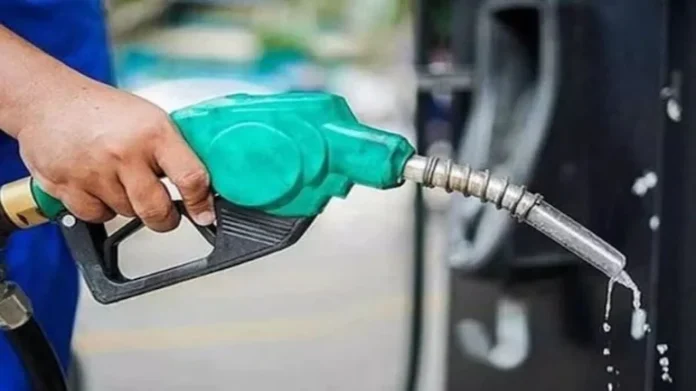The Independent Petroleum Marketers Association of Nigeria (IPMAN) has clarified that the expected drop in petrol prices following the renewal of the naira-for-crude deal involving the Nigerian government, Dangote Refinery, and other processors has not materialized due to supply and demand dynamics and the weakening naira.
IPMAN’s spokesperson, Chinedu Ukadike, shared this explanation during an interview on Tuesday. His comments came amid public disappointment over the lack of a significant reduction in local petrol prices, despite a notable decrease in global crude oil prices—Brent and WTI were priced at $65 and $61 per barrel, respectively, that morning, according to oilprice.com.
It was also noted that crude prices have dropped from around $67, a decline influenced by trade tensions during former U.S. President Donald Trump’s administration. Recent tit-for-tat tariffs between the U.S. and China, alongside OPEC+ supply cut agreements, have contributed to the price decline. However, Trump’s announcement of a global tariff pause (excluding China) brought some stability to crude prices.
Despite these international developments, Nigerians say the local petrol market has yet to reflect the benefits of lower crude prices.
A resident of Abuja, Nurudeen Abdullahi, remarked that given the continued naira-for-crude policy and the international price of crude, petrol should cost no more than N850 per litre. Similarly, Evelyn Adebayo expressed frustration, arguing that if crude prices had risen, marketers would have quickly raised pump prices. She said the lack of a proportional price drop is unfair to Nigerians.
In response, the Dangote Refinery announced a N10 reduction in its ex-depot petrol price, citing the government’s renewed commitment to the naira-for-crude initiative.
Ukadike, however, defended fuel marketers, stressing that the combination of supply and demand factors in the downstream sector, and the naira’s depreciation—officially at N1,604.48 to the dollar—play significant roles in determining fuel prices.
He argued that the current pump price, ranging from N940 to N975 per litre in Abuja, is reasonable under the prevailing economic conditions.

